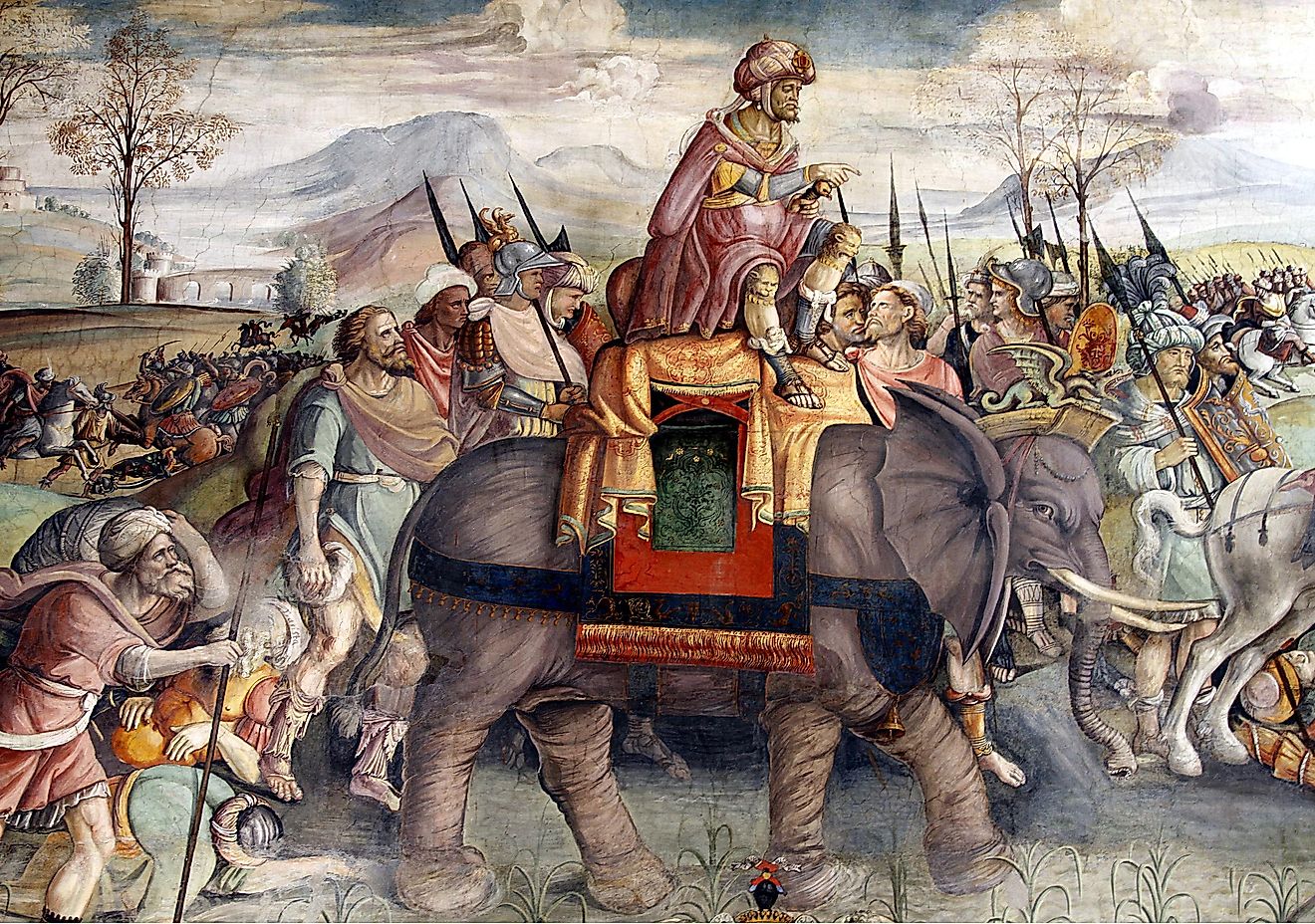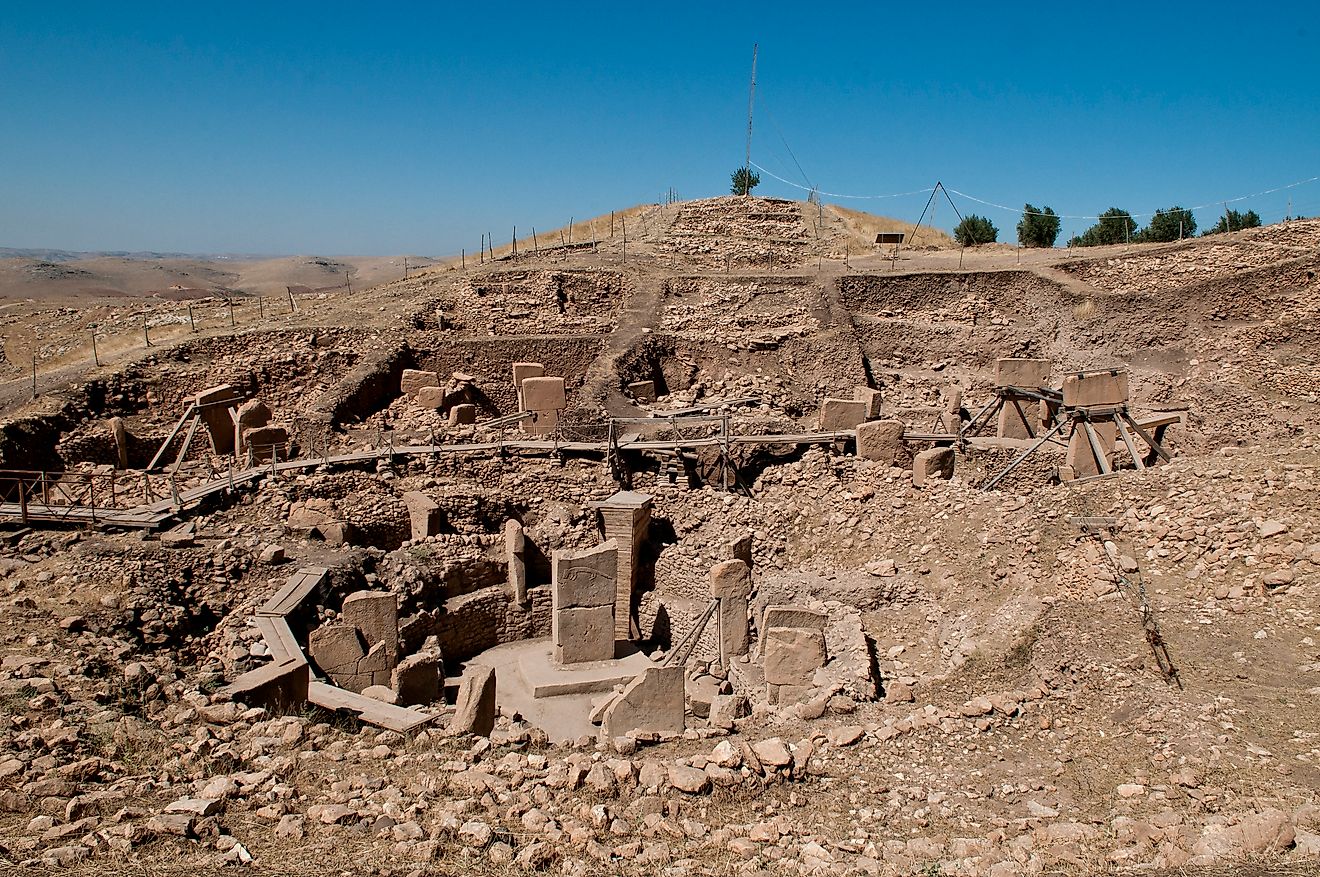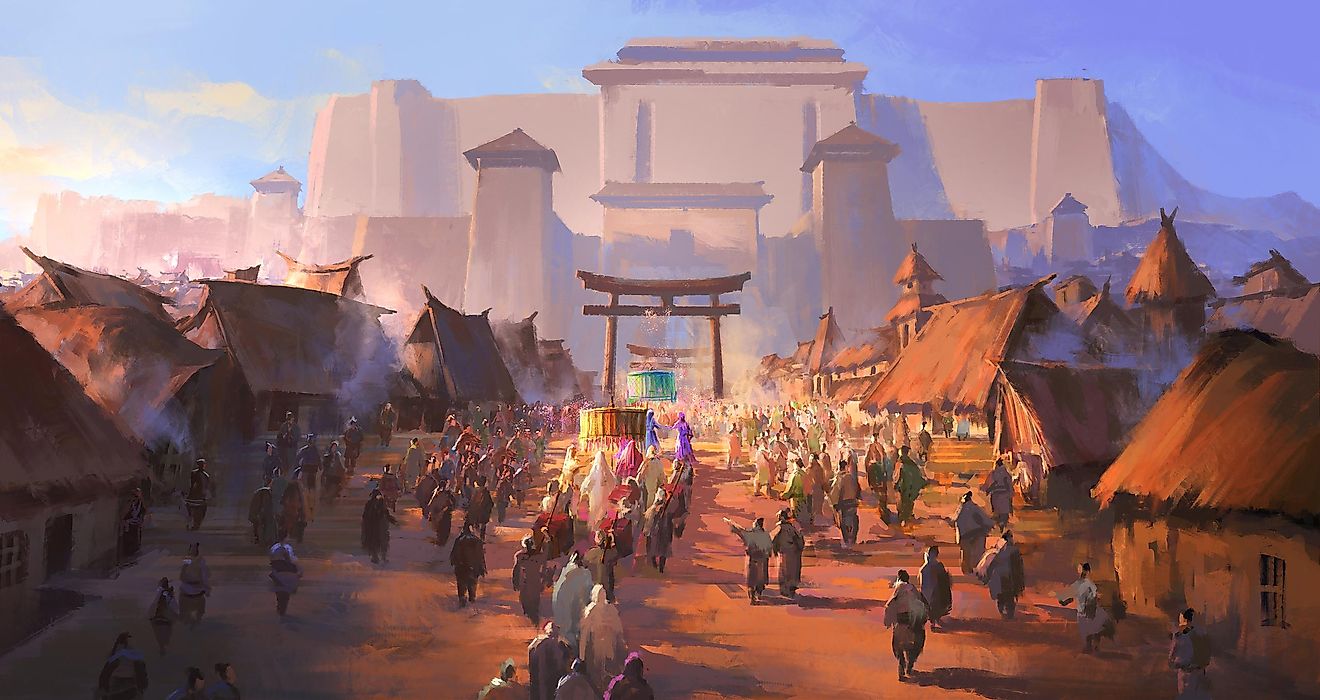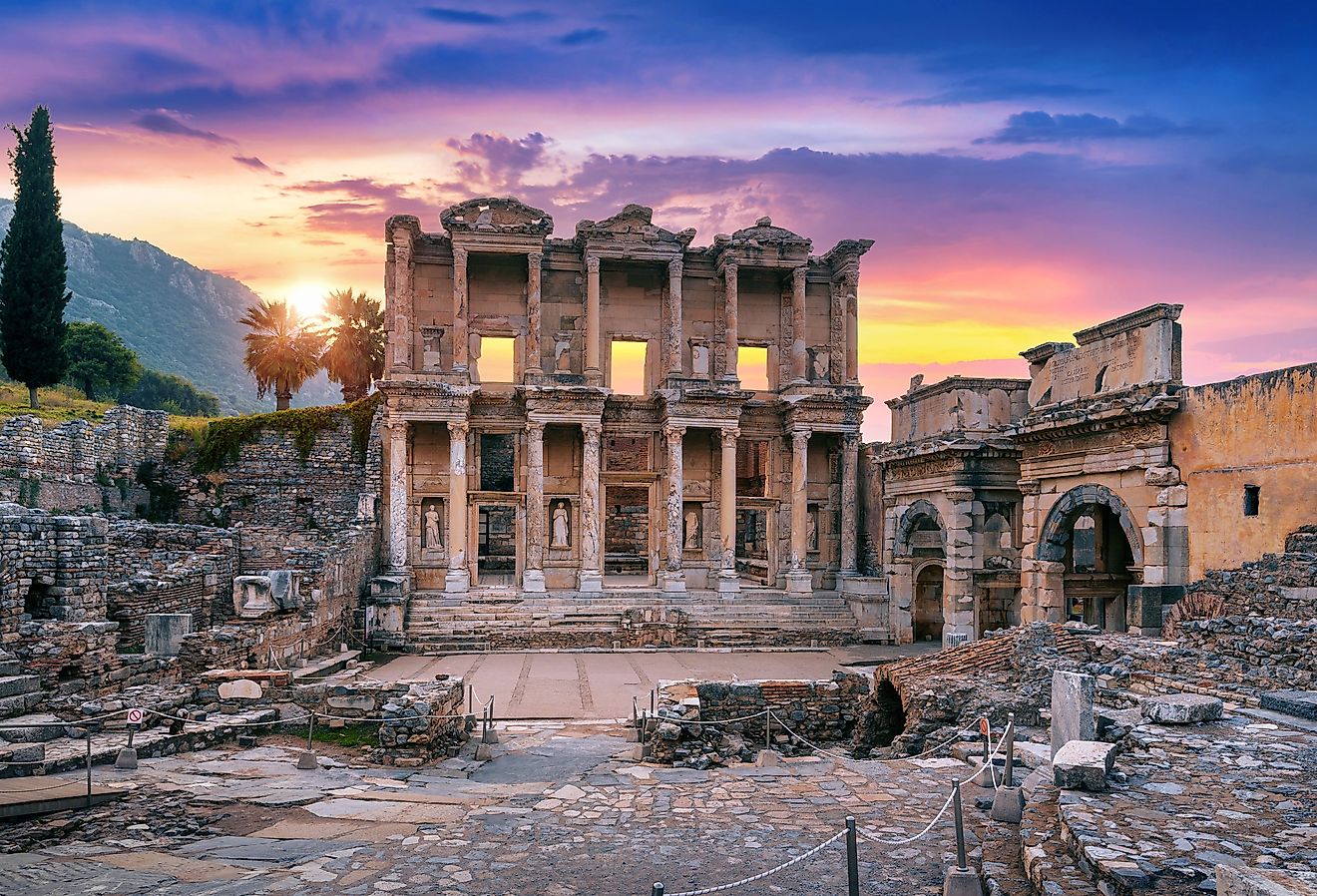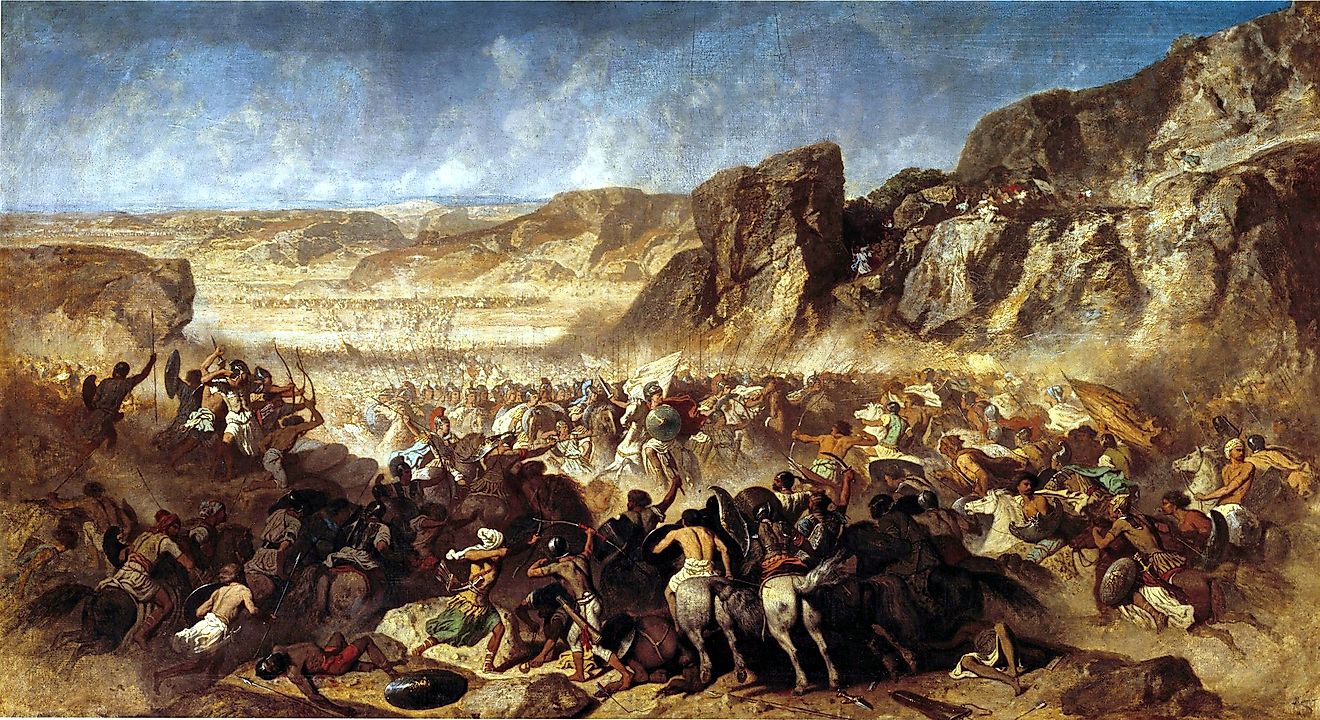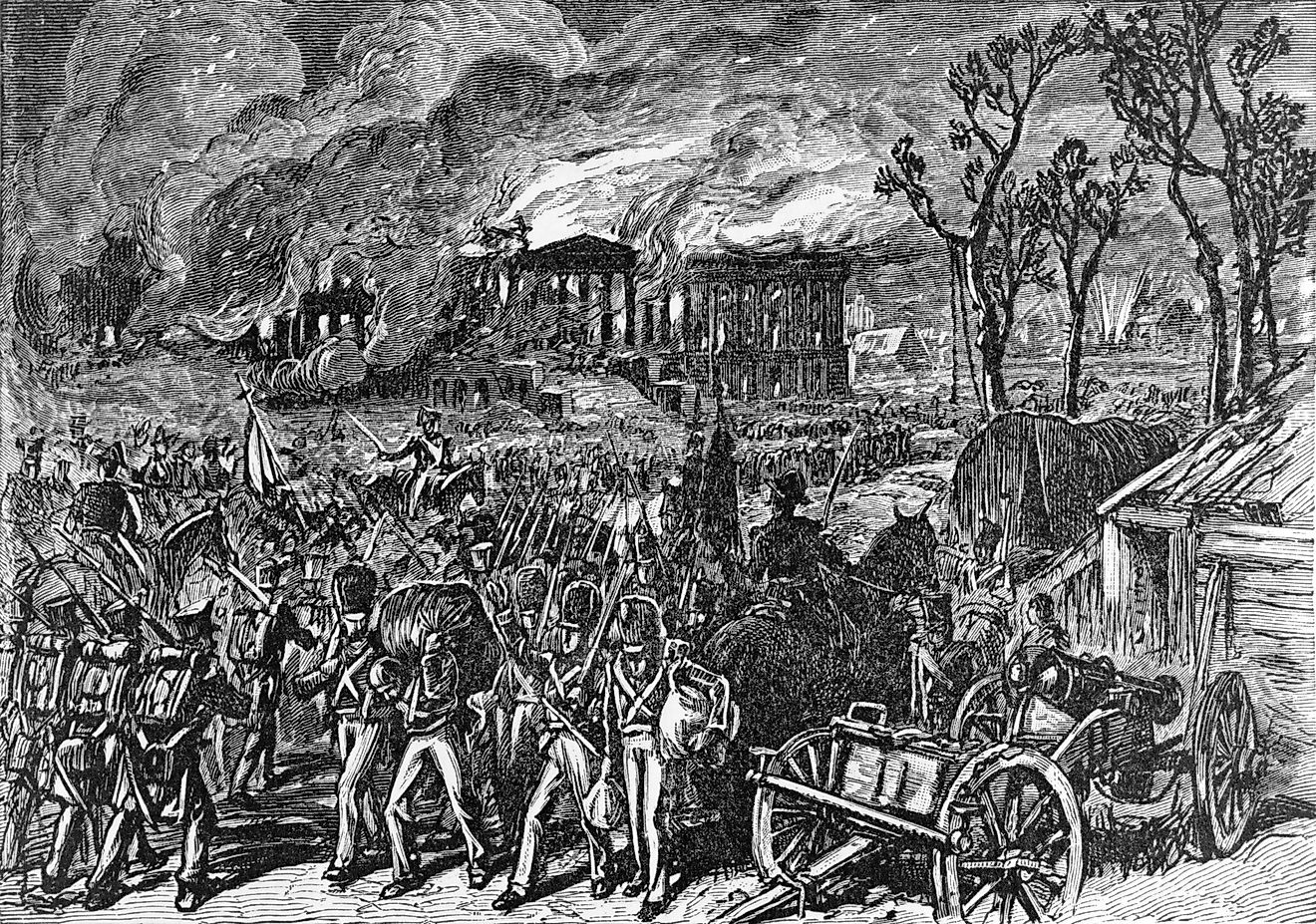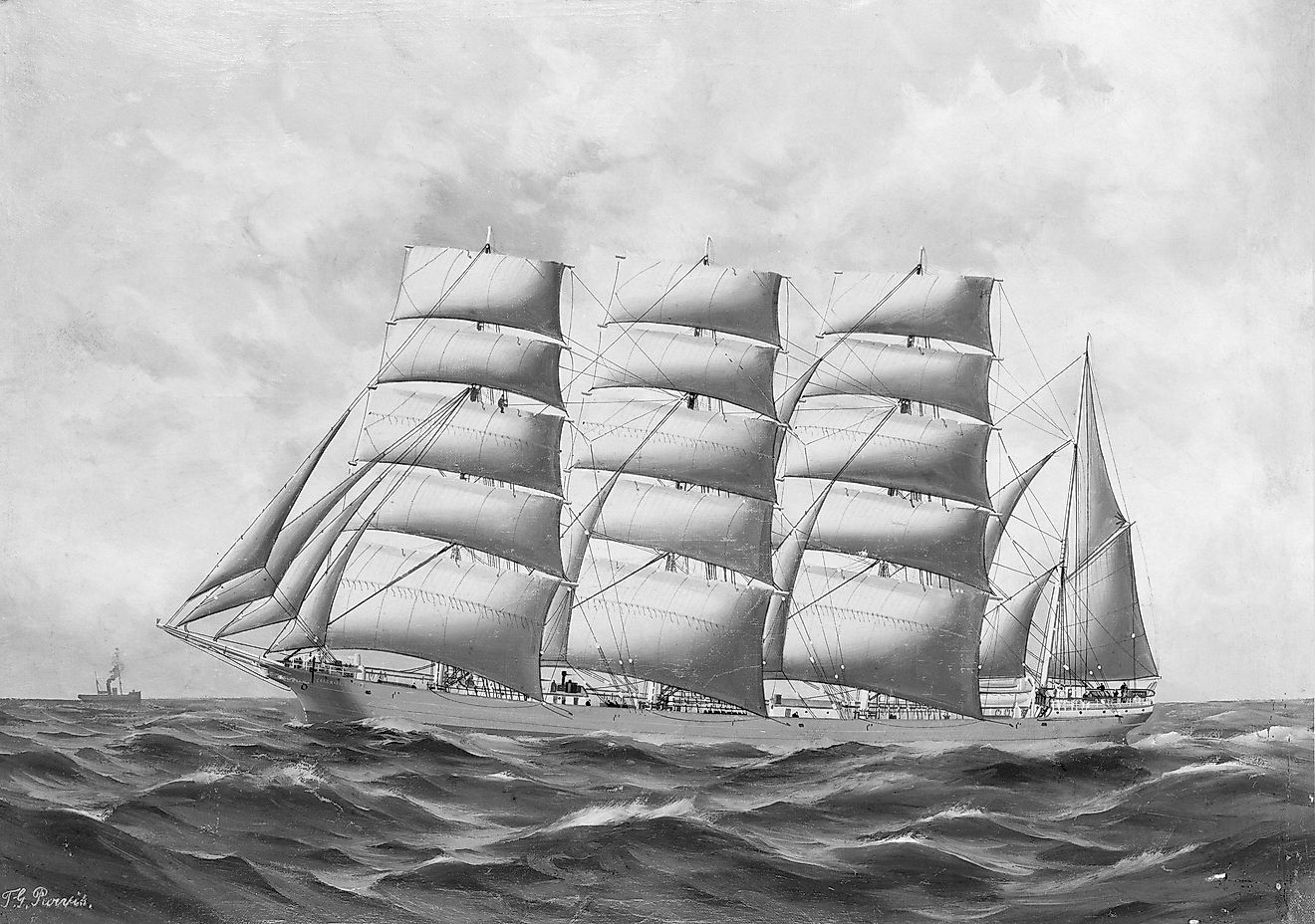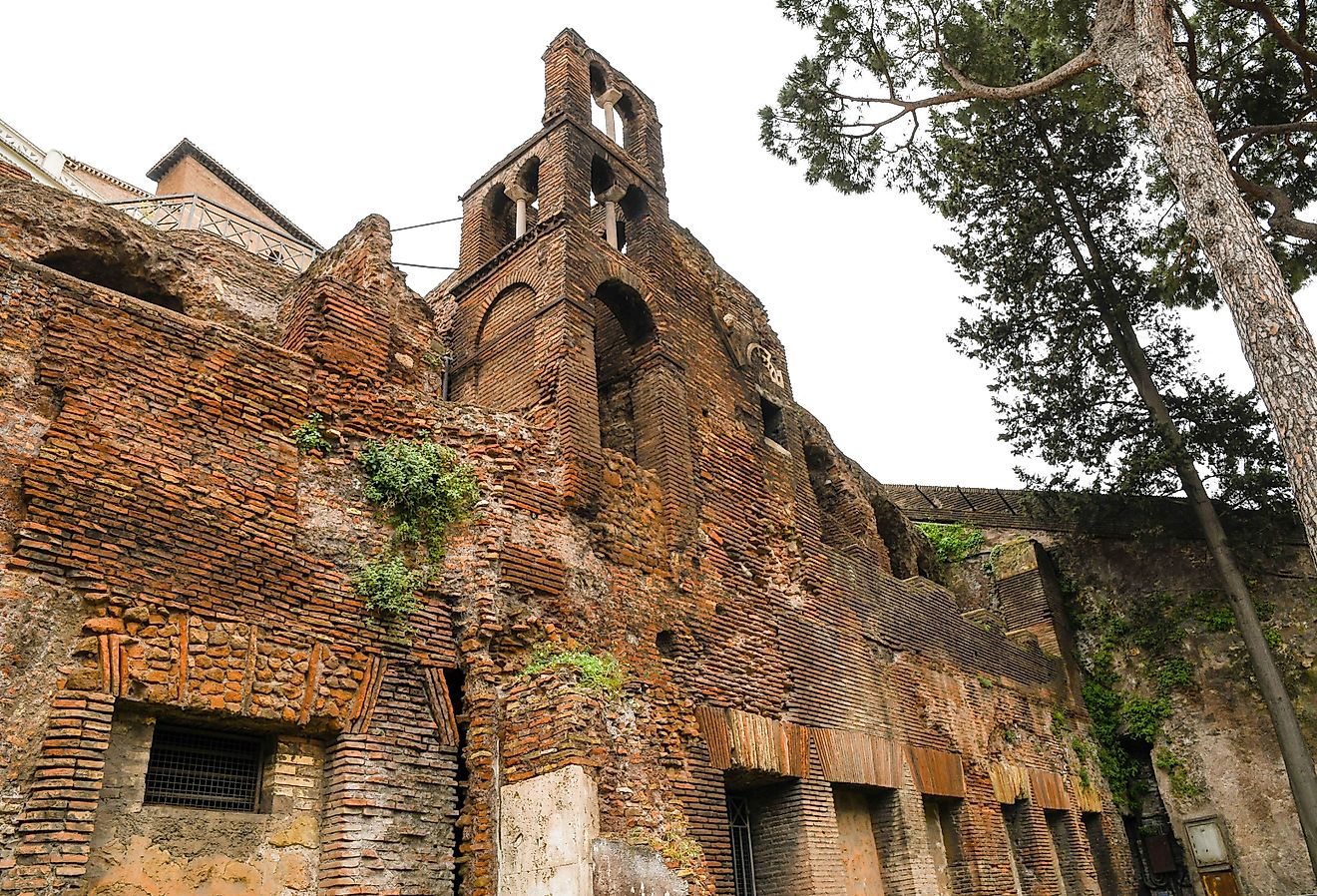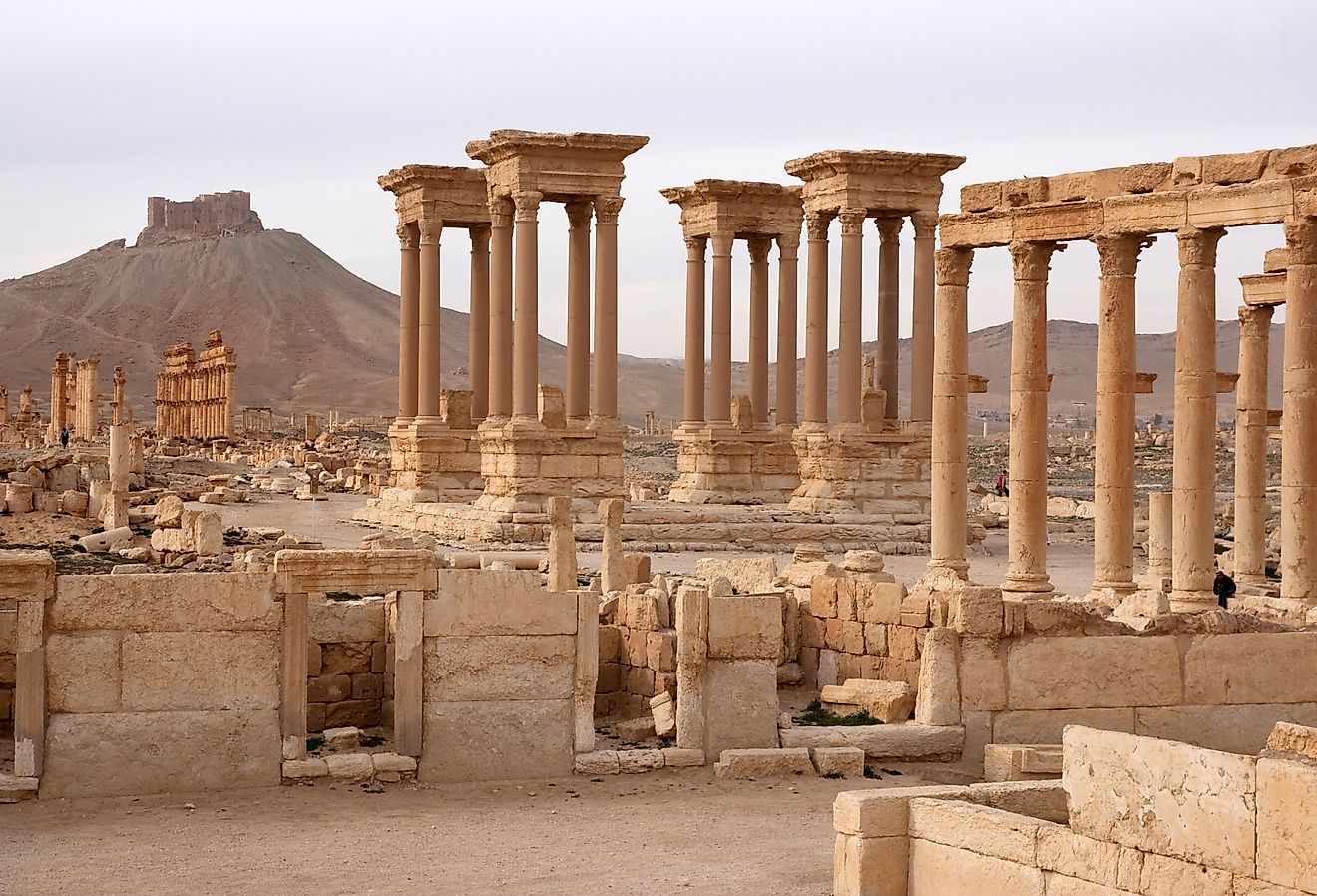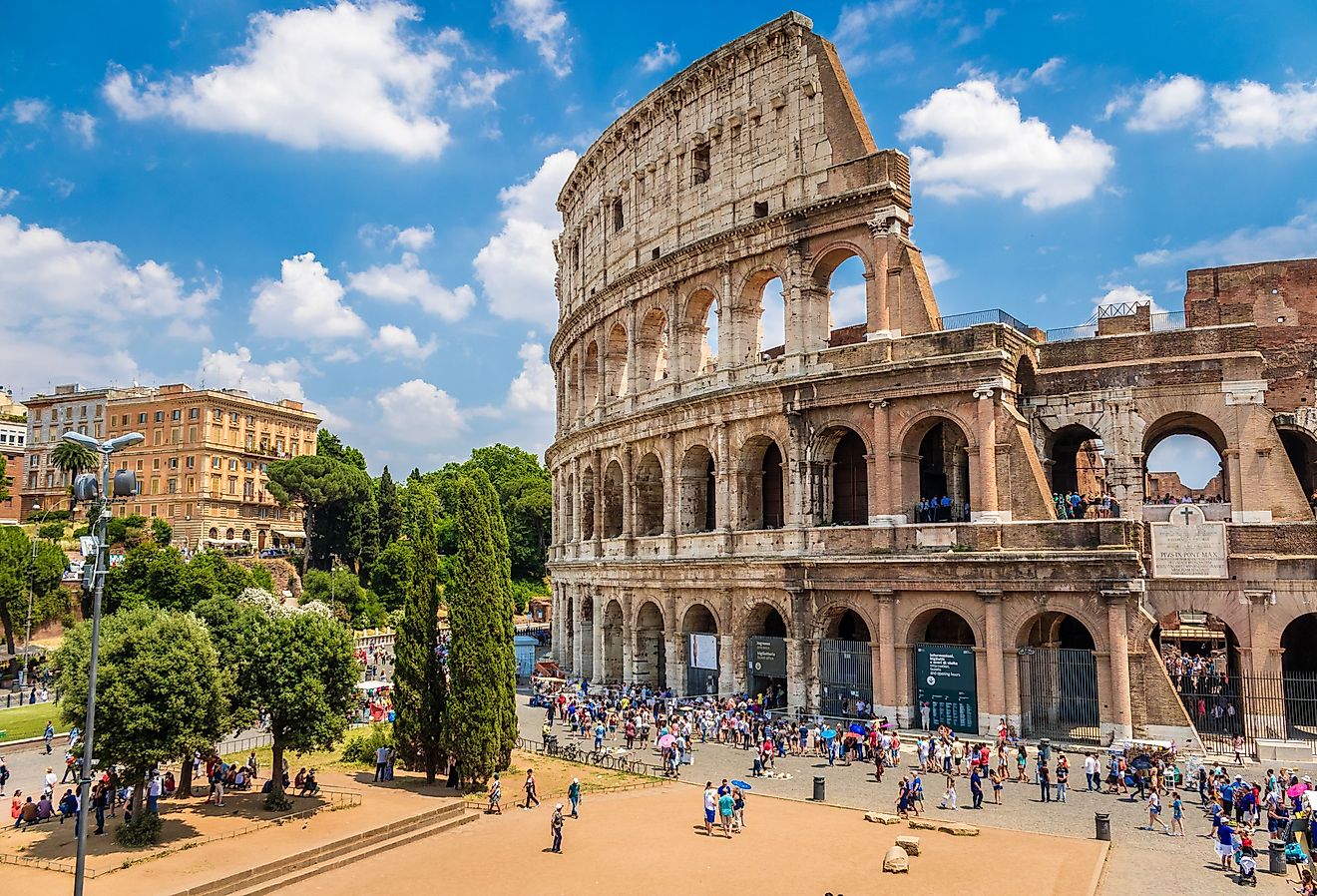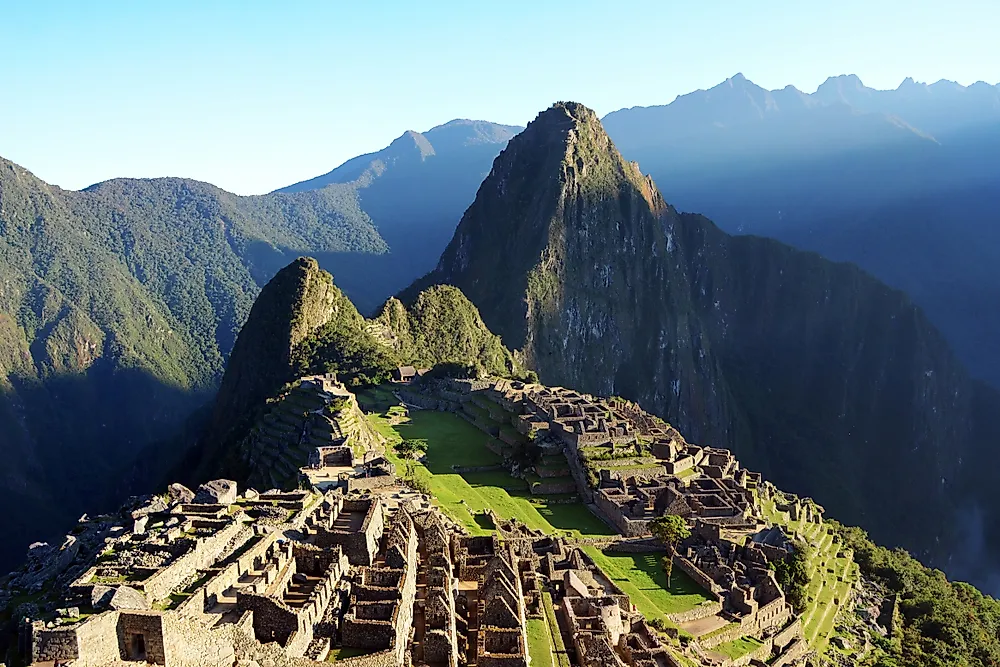
The World's Oldest Civilizations
To uncover the hidden legends of humanity's past, one must be ready to sift through elusive archaeological remnants. Ancient Egypt, Mesopotamia, and other early societies have bequeathed us remarkable legacies that have influenced our world. The remnants we possess provide evidence of these civilizations, enabling us to explore their lifestyles, cultures, and religions over time. Countless intriguing stories exist about these dominant dynasties and enigmatic kingdoms, some of which predate much of written history. Prepare for a thorough exploration of human civilization during its early stages.
- The Sumerian Civilization
- The Peru Civilization At Caral-Supe
- The Egyptian Civilization
- The Indus Valley Civilization
- The Ancient Chinese Civilization Of Xia
- The Ancient Israeli Civilization
- Ancient Mesoamerican Civilization Of Olmecs
- Ancient Greek Civilization
- Ancient Roman Civilization
- The Mayan Civilization
1. The Sumerian Civilization (4100-1750 BCE)
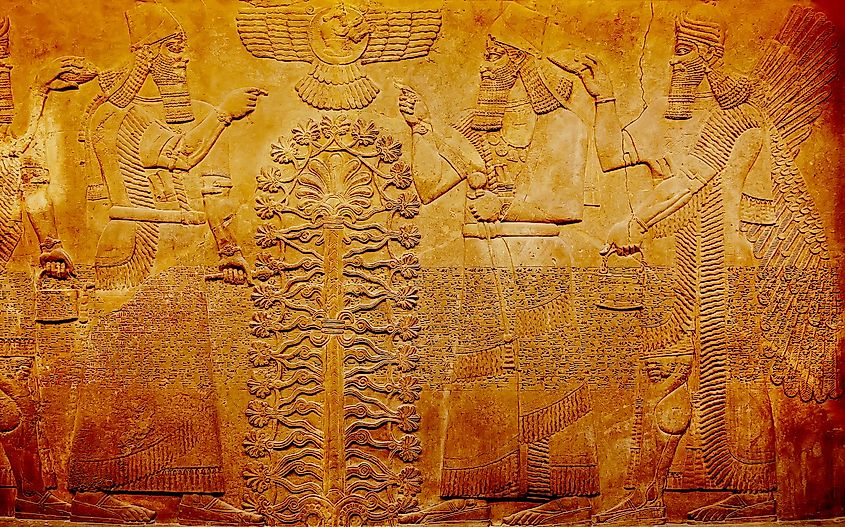
The Sumerian civilization emerged in Mesopotamia around 4500 to 4000 BCE. Prior to this, neolithic communities had started forming villages in the region as early as 8000 BCE. This development leads some historians to label Mesopotamia as the "cradle of civilization." This ancient society is distinguished by its numerous inventions and accomplishments, including advances in agriculture and irrigation that enabled farming in otherwise desolate land. The Sumerians also embraced a polytheistic belief system, erecting impressive temple mounds called ziggurats. These edifices held both architectural and religious importance in their culture, reflecting the value placed on spirituality. Consequently, even millennia later, one can trace the legacy of one of humanity's earliest civilizations, as many of these structures continue to endure.
2. The Peru Civilization At Caral-Supe (3500 BCE - 1800 BCE)
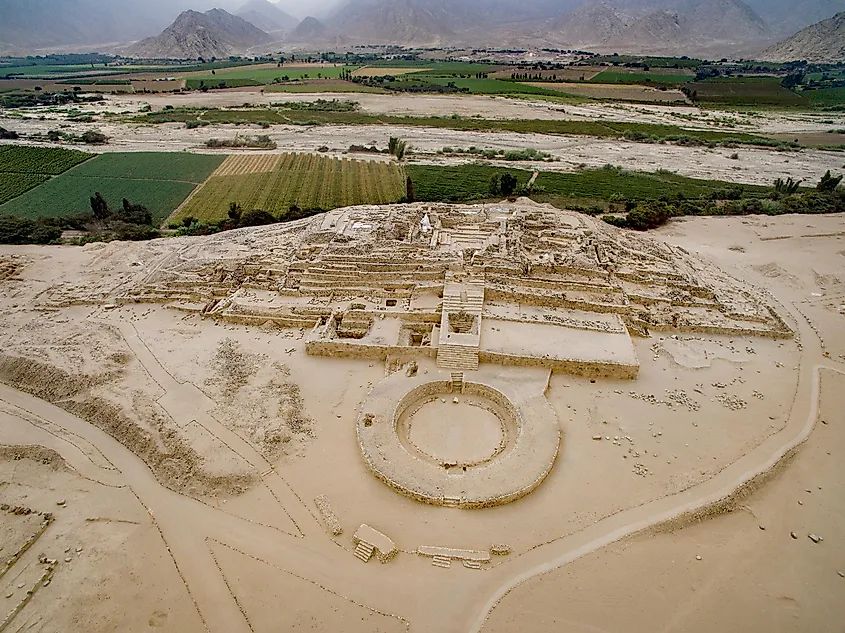
The ancient Peruvian civilization, regarded by some as more enigmatic than the later Inca, emerged around 3000 BCE. Archaeological findings from the Caral-Supe pyramids in Peru suggest that this pre-Inca culture is not only older but may also surpass its Egyptian counterparts in significance. The Peruvian civilization likely influenced the entire region until it was ultimately supplanted by the Incans in the 12th century CE. This narrative illustrates cultural evolution, with their monuments serving as remnants of one of the oldest societies on Earth.
3. The Egyptian Civilization (3150 BCE - 30 BCE)
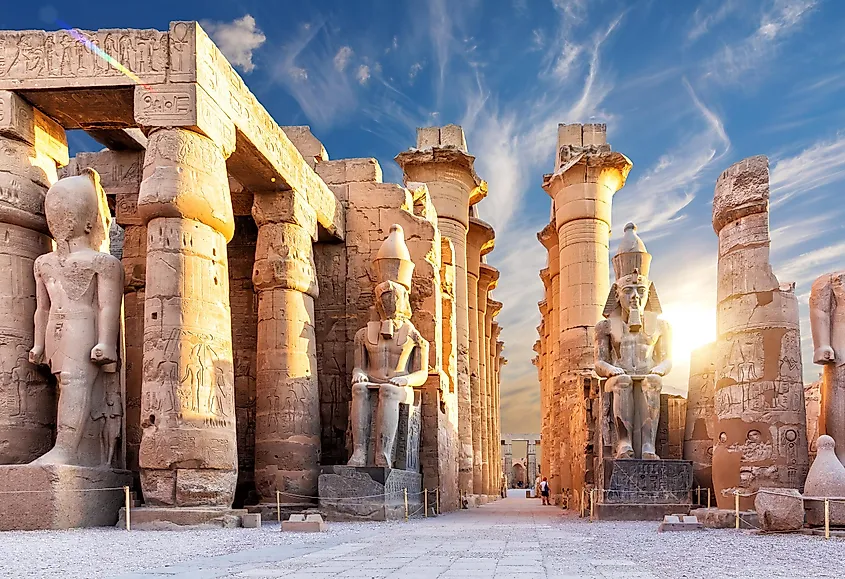
Historians identify the onset of Egyptian Civilization at approximately 3150 BCE. Prior to this, some settlements appeared around 6000 BCE. The inhabitants of Marimda Banī Salāma were among the earliest to cultivate cereals like wheat and barley, potentially establishing one of the first agricultural communities not only in Ancient Egypt but globally. A significant ruler, Menes, concluded a conflict between Upper and Lower Egypt, bringing together the two realms around 3150 BCE and forming what is often seen as Egypt's first empire. Hieroglyphs emerged as Egypt's writing system, used for documenting its history on monuments for thousands of years. Moreover, pyramid construction commenced after 2700 BCE, marking another of Egypt's famed attributes.
4. The Indus Valley Civilization (3300 BCE - 1300 BCE)
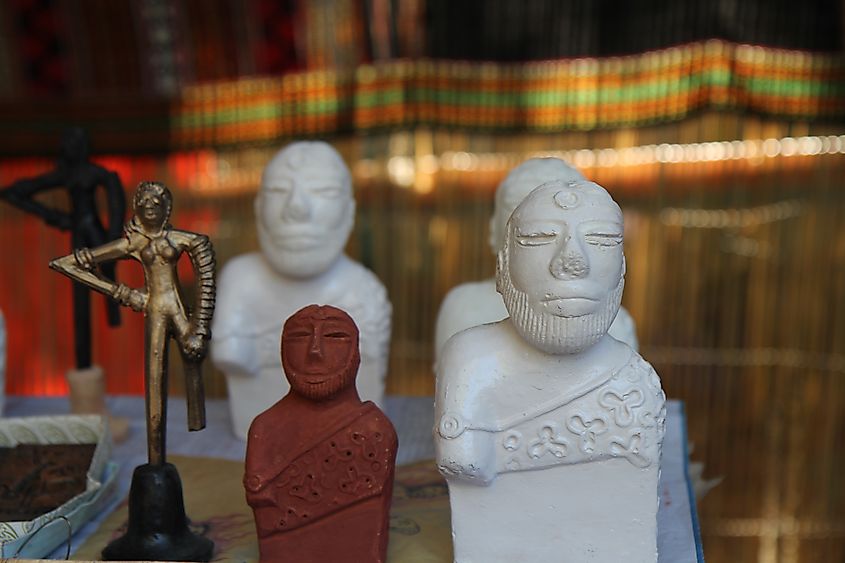
The Indus Valley civilization emerged around 2600 BCE, possibly with origins reaching back to 3300 BCE. It was marked by two central cities, Harappa and Mohenjo-Daro, supported by numerous smaller villages. A distinguishing feature of this civilization was its sophisticated irrigation systems, which enabled them to engage in irrigated agriculture. Surviving in a floodplain required remarkable engineering skills, which the people of the Indus Valley possessed. They also domesticated various animals and extensively utilized the Harappan script, recognized as their common language.
5. The Ancient Chinese Civilization Of Xia (2070 BCE - 1600 BCE)
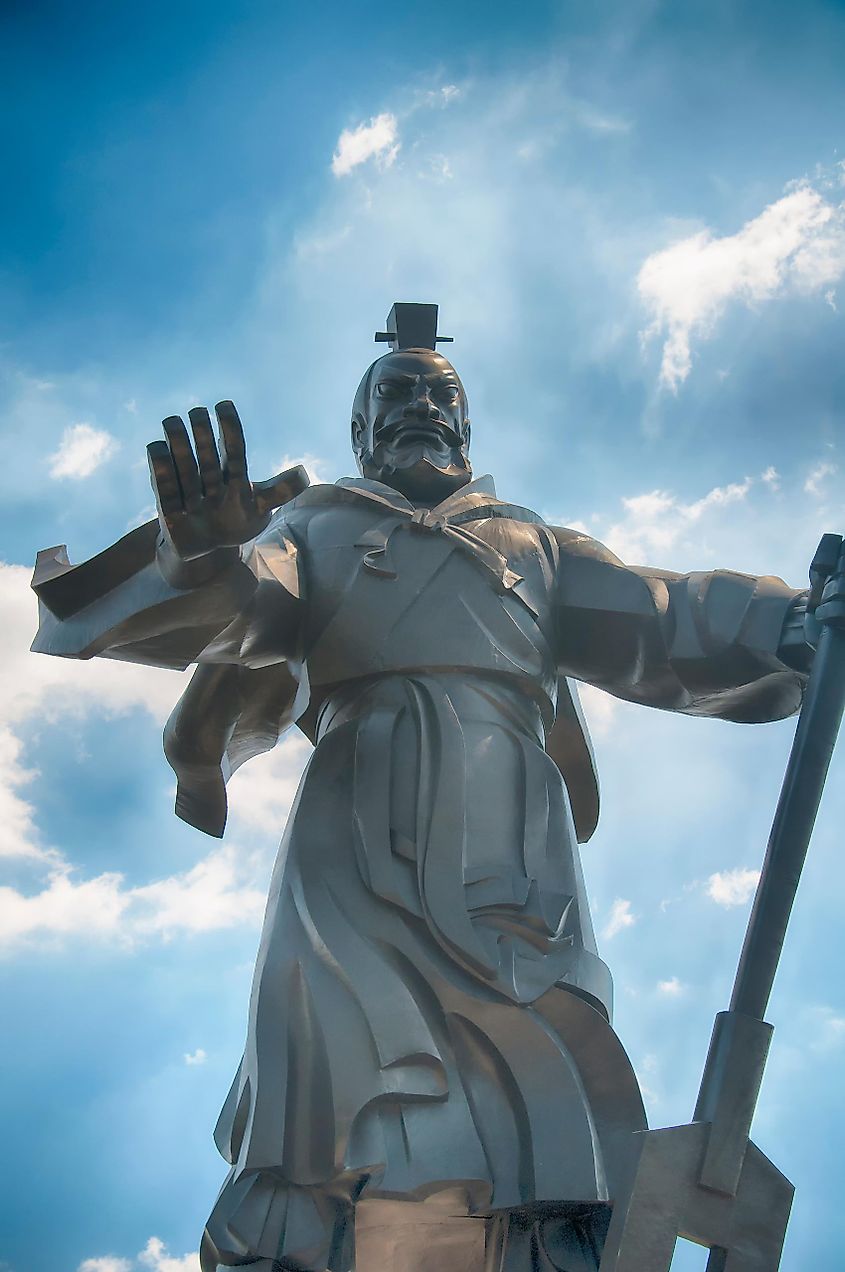
The Xia Dynasty in China commenced around 2070 BCE, marking the beginning of a rich historical narrative that has persisted through generations. As early as the 6th millennium BCE, animals were domesticated in this region, eventually leading to significant innovations, including silk processing around 3630 BCE. Legend has it that Yu founded the Xia Dynasty, with early myths attributing him the task of draining the waters caused by a catastrophic flood. He later became revered as a harvest god. These pivotal events and personalities have left a lasting impact on China's history, which continues to provide insights for the nation's present and future.
6. The Ancient Israeli Civilization (1500 BCE - 63 BCE)
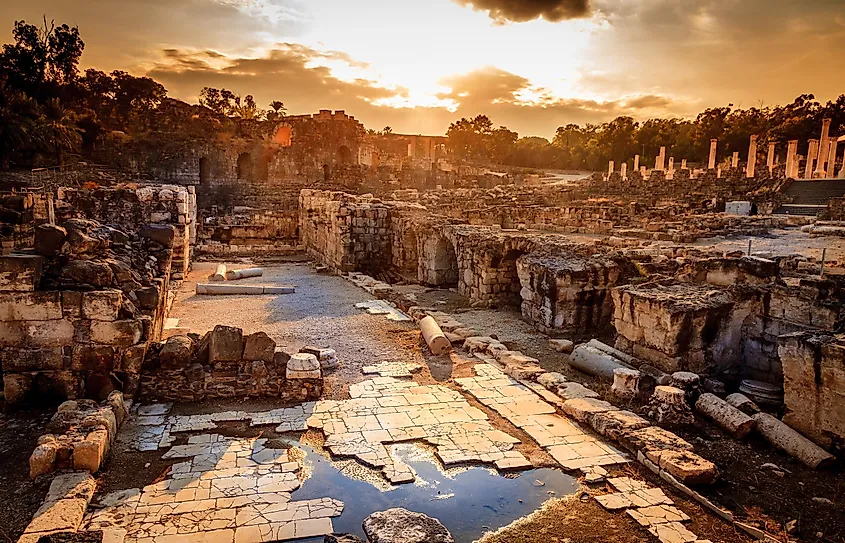
The monotheistic Israeli civilization originated around 1500 BCE, with a history so contentious that historians and archaeologists frequently debate its beginnings. Abraham, widely recognized as the faith's founder, is thought to have departed Ur approximately 500 years earlier. Nevertheless, written evidence of Jewish civilization exists in an archaeological artifact known as the Merneptah Stele, dated to 1213 BCE. The exact details surrounding their supposed migration to and from Egypt during this period remain unclear, and it is possible this migration never occurred. However, it is well-known that they often fell victim to aggressive conquests by larger, surrounding empires. Although ancient Israel eventually succumbed to Roman control in 63 BCE, its legacy endures in the framework and ideals that modern-day Israel aims to uphold.
7. Ancient Mesoamerican Civilization Of Olmecs (1200 BCE - 400 BCE)
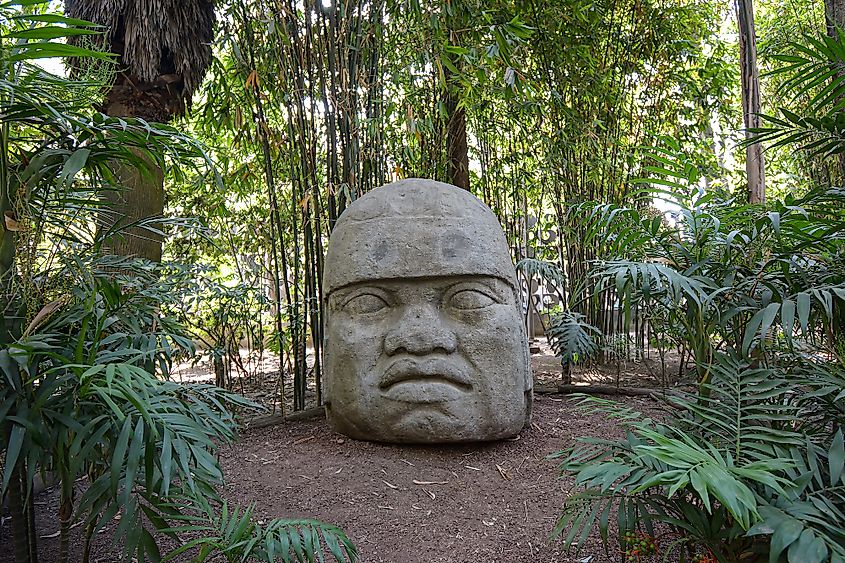
The Olmecs, an ancient Mesoamerican civilization, thrived from about 1200 BCE to 400 BCE in Mexico's tropical lowlands. They are recognized as one of the earliest significant indigenous civilizations, making vital contributions like writing, mathematics, and calendar systems. Furthermore, the Olmecs leveraged their advanced cultural achievements for diverse purposes, including trade, religious ceremonies, and artistic expression. However, their decline was triggered by factors such as warfare, overpopulation, climate change, disease, and political conflict. Ultimately, they ceded power to other regional powers, including the Mayans.
8. Ancient Greek Civilization (800 BCE - 323 BCE)
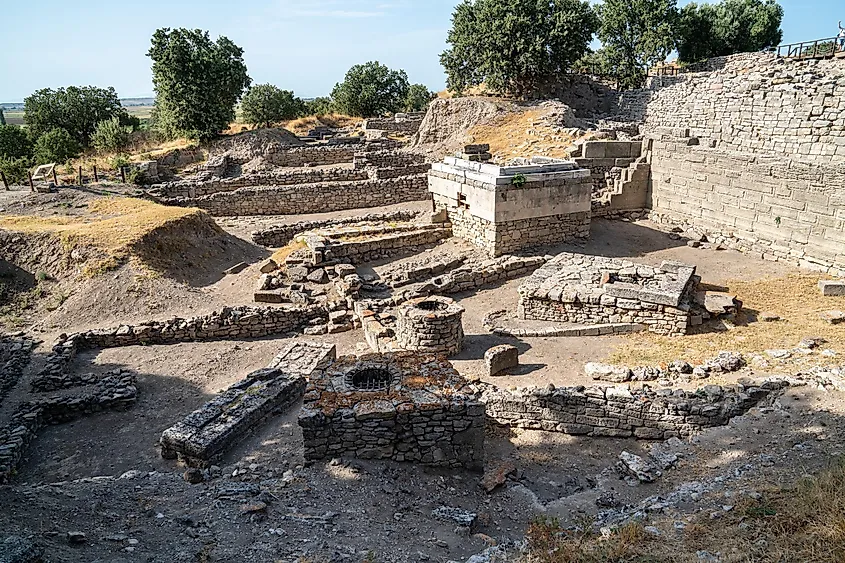
Ancient Greece was one of the earliest flourishing civilizations, existing between 800 BCE and 323 BCE. Its remarkable architectural achievements can still be seen today. They established the first democracy, allowing citizens equal participation in their government. The culture of Ancient Greece prioritized learning and education, motivating Europeans to delve into philosophy and science. Their art and literature, including notable works by figures such as Homer, Plato, Sophocles, and Aristotle, hold a profound influence on Western civilization. Additionally, Ancient Greece was famous for its athletic competitions, including the Olympic Games that first commenced in 776 BCE. Before these games began, Greece underwent a dark age following the fall of the legendary Mycenaean Civilization around 1200 BCE.
9. Ancient Roman Civilization (753 BCE - 476 CE)
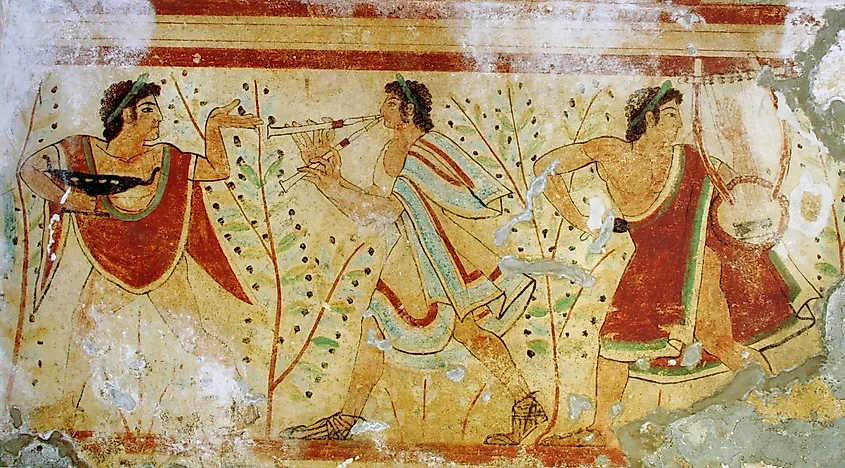
Ancient Rome, a pivotal civilization from 753 BCE to 476 CE, originated as an agricultural and pastoral community. It transformed into a formidable city-state with a strong military. The culture of Ancient Rome thrived through significant advancements in engineering, architecture, art, literature, and philosophy. This era saw the creation of influential works in Western civilization, including Virgil's Aeneid, Cicero's essays, and the writings of Julius Caesar. Despite its achievements, Rome ultimately succumbed to invasions from various groups, coupled with internal conflicts. After the Visigoths sacked the city in 410 CE, it was ultimately conquered by Odoacer in 476 CE, marking the end of its independence as an empire.
10. The Mayan Civilization (250 CE - 1697 CE)
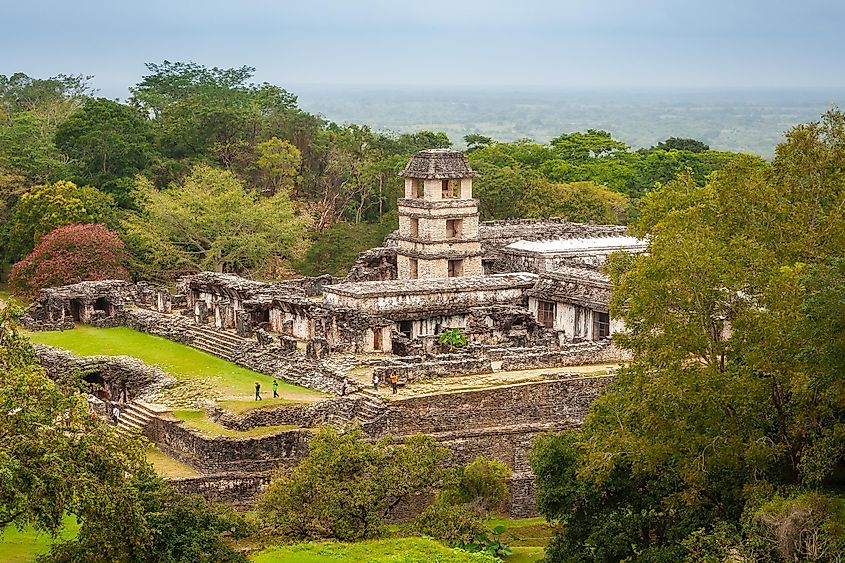
The Mesoamerican Mayan civilization is recognized for its hieroglyphic writing, remarkable stone edifices, polytheistic religion, and achievements in mathematics and astronomy. From its establishment around 1500 BCE to approximately 250 CE, the civilization thrived, largely depending on corn for agricultural sustenance. This consistent growth culminated in the classic Mayan period around 250 CE, during which the Mayans constructed numerous iconic cities and temples, and the use of hieroglyphic writing became more widespread. Nevertheless, despite significant advancements in religion, mathematics, and astronomy over these centuries, the Mayan civilization began to decline by around 1697 CE. Some historians attribute this downfall to violent conflicts or agricultural problems. The rapid decline of their culture remains a compelling mystery, awaiting extensive research or groundbreaking discoveries to clarify what led to such a swift deterioration.
These great civilizations spanned the entire globe and grew from primitive farming villages to highly developed empires. In tracing their history, it is possible to outline the evolution of modern culture and gain insight into the incredible impact civilizing has had on the human species over millennia. From Sumerian ziggurats to the vanished Maya, these ancient cultures have shaped how humans interact with each other and with technology. Humans are inextricably linked to these ancient peoples, who were far ahead of their time. It is humbling to recognize how these early dwellers took steps that resonated across centuries to influence everyday life today. Their creativity, intelligence, and tenacity should inspire visionaries of today to continue pushing boundaries to make humanity more diverse and sophisticated.
| Rank | Name of Civilization | Period |
|---|---|---|
| 1 | Ancient Sumerian Civilization | 4100 BCE - 1750 BCE |
| 2 | Peru Civilization At Caral-Supe | 3500 BCE - 1800 BCE |
| 3 | Ancient Egyptian Civilization | 3150 BCE - 30 BCE |
| 4 | Indus Valley Civilization | 3300 BCE - 1300 BCE |
| 5 | Ancient Chinese Civilization Of Xia | 2070 BCE - 1600BCE |
| 6 | Ancient Israeli Civilization | 1500 BCE - 63 BCE |
| 7 | Ancient Mesoamerican Civilization of Olmecs | 1200 BCE - 400 BCE |
| 8 | Ancient Greek Civilization | 800 BCE - 323 BCE |
| 9 | Ancient Roman Civilization | 753 BCE - 476 CE |
| 10 | The Mayan Civilization | 250 CE - 1697 CE |
